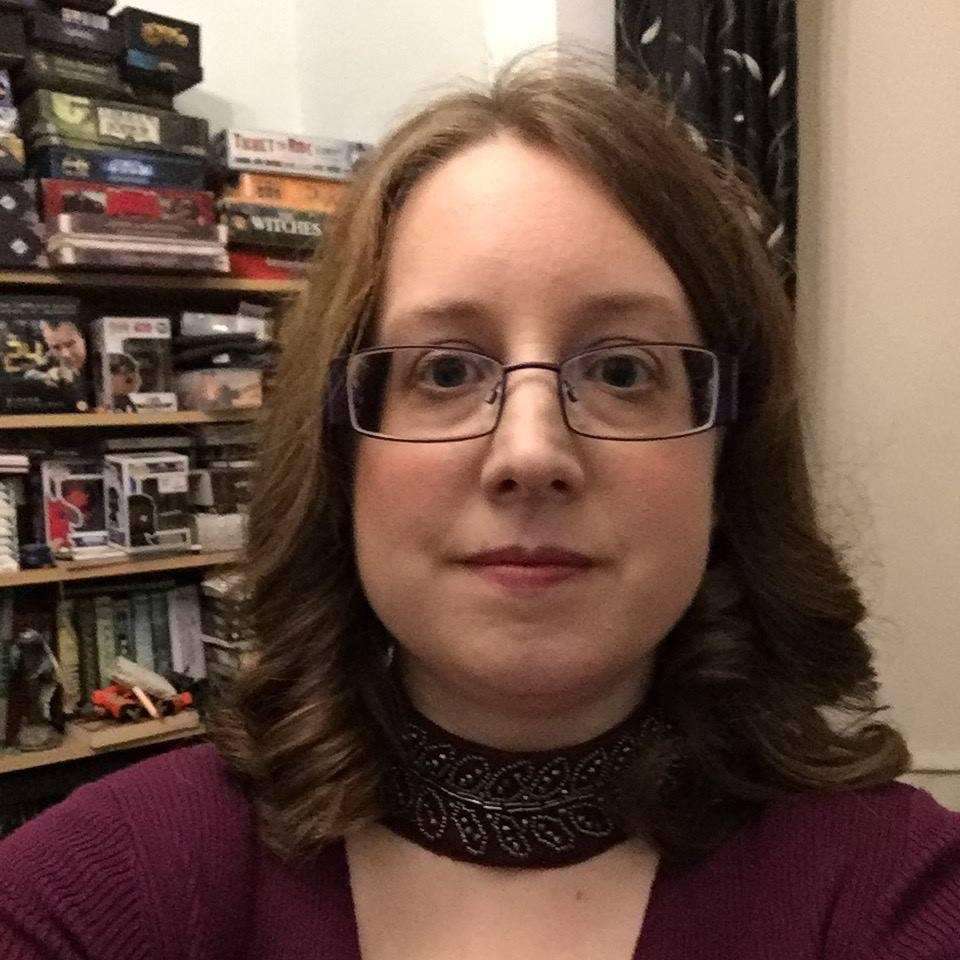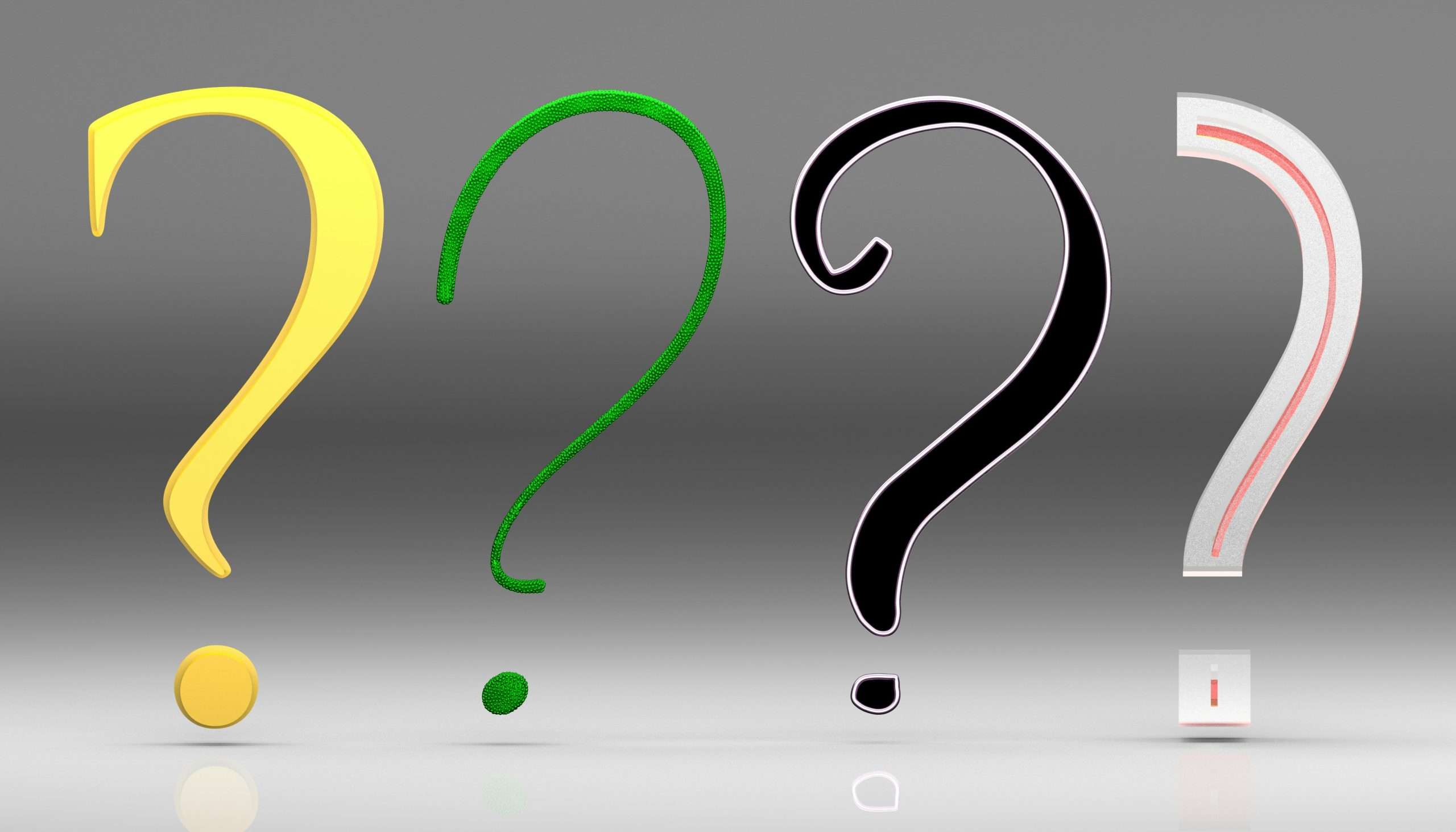In this monthly column, we check in with one of our resident agents to answer those questions you’re too afraid to ask for yourself. This month, Laura Bennett of the Liverpool Literary Agency tackles questions asked by BFS members in our dedicated Discord channel.

Name: Laura Bennett
Agency: Liverpool Literary Agency
Specialism: Sci-Fi & Fantasy
Location: North West England
Follow: Threads: Losbennett / Twitter: Losbennett
Read more about Laura in her BFS member profile, here.
Q: With things being very global and online, how much does the location of the agent matter? I expect I’ll focus my queries on UK-based agents and agencies regardless, but if I also try US agents, what additional factors/advantages/disadvantages should I think about first?
I think the main things are based on time zones and proximity. Time zones can make meetings a little more tricky, so if you query US agents you just need to be ready to have meetings more in the evening than the daytime. It’s also less likely that you’ll be able to meet your agent in person, so it depends how important that is for you. Other factors aren’t really a thing these days – most agents will have UK and US contacts. It’s likely that a UK agent will have better and more personal contacts in the UK industry and vice versa, so you might be more likely to end up with a publisher in that area, but it’s not always the case. For Big 5 publishers, it would usually just mean that your editor is UK rather than US-based since they will likely want to publish worldwide. The other factor to consider is just personality and methods. I find the US and UK to be a little different with those but really it just depends on individuals and what sort of agent you’re looking for. There are no really massive disadvantages to having an agent across the pond from you, just differences.
Q: I’m about to loose my damn mind trying to write a blurb and query letter for my (almost) completed book. The book was easy compared to this!!! Is it frowned upon to CHEAT and get someone who is actually good at writing blurbs to read your book and do it for you? Otherwise I think I’m going to shelve the whole 115,000 words because two damn paragraphs are going to defeat me!!!!! I don’t want to do anything that’s frowned upon, so I guess I’m just wondering if it’s something that’s commonly done/acceptable? (edited)
Personally, I wouldn’t have a problem with it. Querying is such a difficult and different skill. If you can get somebody else to do it, and do it well – go for it! Just make sure that you can deliver a quick elevator pitch if you need to, because somebody will at some point ask you about your book. And honestly – nobody is going to know if you wrote your blurb or not! Check out the Pubtips subreddit on Reddit; there is loads of free advice there, and people helping to improve just this sort of thing.
Q: Is there anything that you see on submissions that make them an instant discard? And conversely, is there anything that would be instant acceptance?
Instant discard are things like wrong genre/age, a word count that is way too high or too low. Personally, I don’t like books with children or animals being hurt or dying so I’m much less likely to accept one – same with sexual violence. Anything racist, homophobic, transphobic – basically anything bigoted is going to be a no from me, even if the author claims it’s different or “just the character†or some other thing like that. I don’t really have anything that’s instant acceptance! That’s always going to be a number of factors.
Q: Are chances for a self-published author to find an agent, or sell to a publisher, better or worse than someone completely fresh? And if it depends, then on what? And what would self-published authors have to do differently in querying/where might regular trad pub advice not apply to them?
I don’t think it hurts your chances at all. Especially since you can self-publish under a different name than you traditionally publish under, and you’re still counted as a debut. The flipside to that is that it doesn’t really help, either, unless you’ve sold a LOT of copies and/or won some big awards. Sadly, most agents and publishers won’t care if you’ve sold a hundred copies of your book. I’m not sure you really need to do anything differently. If you want to keep self-publishing, then it would be worth asking any prospective agents/publishers about that and making sure there is provision for that in your contracts. Also be prepared to adjust your expectations for how long everything takes!
Q: Is it more difficult for authors whose first language isn’t English to find a literary agent in the UK/US? I ask as I’m a book editor and have encountered German-speaking authors who have been told by agents/publishers in Germany to try the Anglo publishing market for their particular manuscript.
I don’t think so, as long as your written English is to a high enough standard. Sadly, if it’s not, a book might just need too much editing and not get picked up. But otherwise, I don’t think it’s a hindrance at all. I have some amazing authors who speak multiple languages and I think it gives their written English such a unique and beautiful voice. I think that the English-speaking market is just so huge for publishing compared to anything else, that’s probably why they were recommended to try it.Â
Q: Ooh, as a follow on to that, is it advised to tell agents which language you speak best, and if so how?
I’m not sure its necessary, unless you have that language in common and want to use it to communicate with them. It might be good in future if you can translate your own work, but I’m not hugely informed on how that would work. If you want to tell them, then it certainly isn’t going to harm anything! You could pop it in your query in your author bio.Â
Read previous columns:
Featured image: by cyrus gomez on Unsplash

